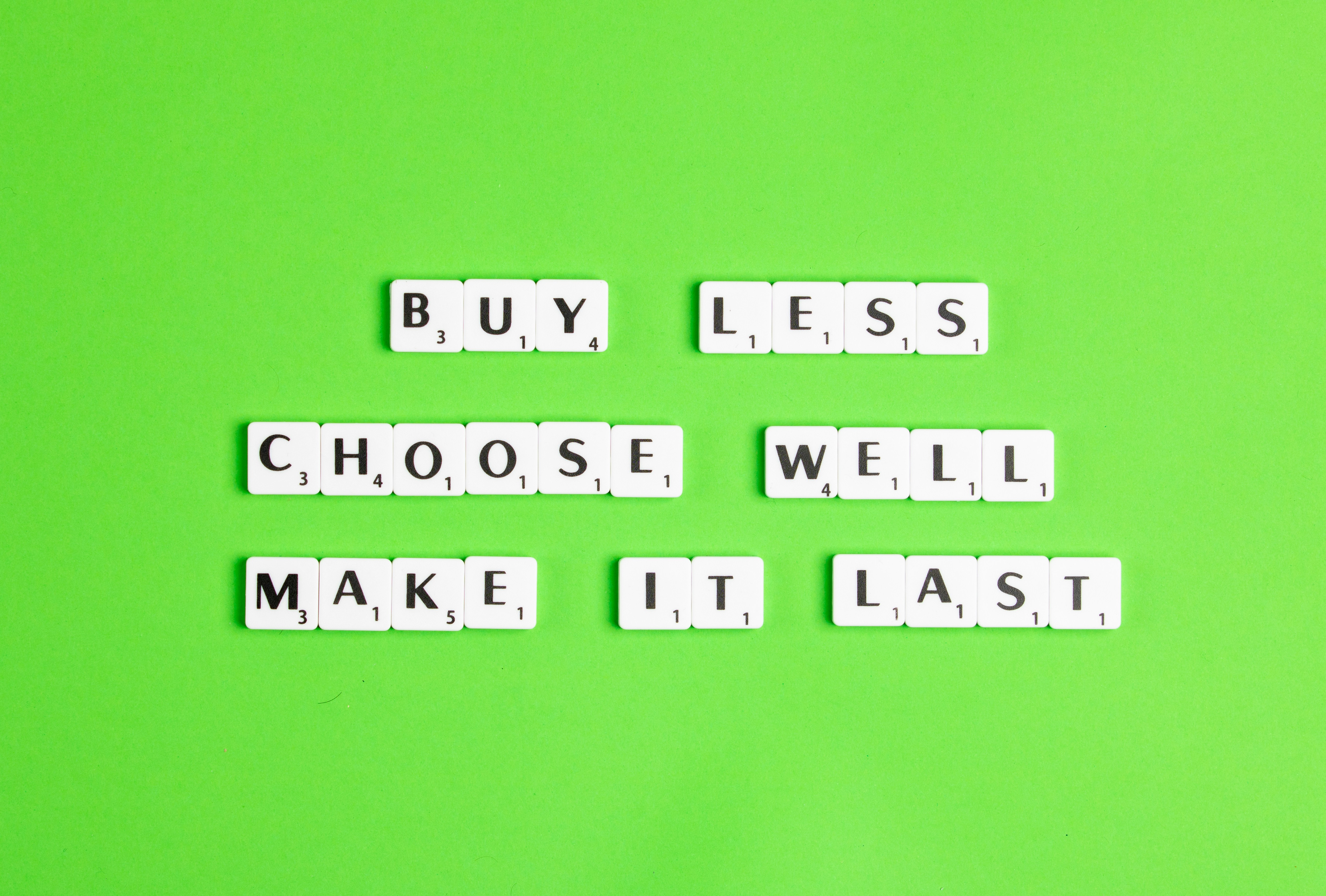Mindful Materialism: Redefining Our Relationship with Possessions
In a world dominated by consumerism, a nuanced movement is quietly reshaping how we view our belongings. Mindful materialism, a concept blending conscious consumption with intentional ownership, is gaining traction among those seeking a more balanced approach to material goods. This shift represents a significant departure from both rampant consumerism and extreme minimalism, offering a middle ground that acknowledges the role of possessions in our lives while encouraging thoughtful curation. Read below to explore this emerging trend and its potential to transform our relationship with the things we own.

The rise of mindful materialism can be traced to the early 2010s, coinciding with growing awareness of environmental issues and the psychological toll of overconsumption. As people began to question the wisdom of accumulating possessions without purpose, a new paradigm emerged that sought to balance the practicality of owning things with the desire for a less cluttered, more meaningful life.
The Core Principles of Mindful Materialism
At its heart, mindful materialism is about cultivating a thoughtful and intentional relationship with our possessions. This approach encourages individuals to consider the true value and purpose of the items they own or wish to acquire. Key principles include:
-
Quality over quantity: Focusing on well-made, durable items that serve a clear purpose rather than accumulating cheap, disposable goods.
-
Emotional resonance: Prioritizing possessions that hold genuine sentimental value or bring joy, rather than keeping things out of obligation or habit.
-
Functionality and versatility: Choosing items that serve multiple purposes or adapt to changing needs, reducing overall consumption.
-
Ethical and sustainable sourcing: Considering the environmental and social impact of purchases, opting for responsibly produced goods when possible.
-
Regular reassessment: Periodically evaluating possessions to ensure they still align with one’s values and needs, letting go of items that no longer serve a purpose.
The Psychology Behind Mindful Materialism
The appeal of mindful materialism lies in its ability to address deep-seated psychological needs while mitigating the negative effects of overconsumption. Research in consumer psychology has shown that people often use material possessions as a means of self-expression, comfort, and status signaling. Mindful materialism acknowledges these needs but encourages a more conscious approach to fulfilling them.
Studies have found that individuals who practice mindful consumption report higher levels of life satisfaction and lower levels of anxiety related to possessions. This may be because the approach promotes a sense of control and intentionality, reducing the cognitive load associated with managing excess belongings. Additionally, the focus on quality and longevity in purchases can lead to a greater sense of connection with one’s possessions, fostering a more positive relationship with material goods.
Societal Implications of Mindful Materialism
The growing popularity of mindful materialism has significant implications for society at large. As more people adopt this approach, it could lead to shifts in consumer behavior, production practices, and even economic models. Some potential societal impacts include:
-
Reduced environmental impact: A focus on durable, high-quality goods could decrease overall consumption and waste, benefiting the environment.
-
Changing market dynamics: Increased demand for ethically produced, long-lasting products may encourage businesses to prioritize sustainability and quality.
-
Evolving social norms: As mindful materialism becomes more prevalent, it may challenge existing notions of success and status tied to conspicuous consumption.
-
Economic shifts: A move away from fast fashion and disposable goods could impact industries reliant on high-volume, low-cost production.
-
Mental health benefits: Widespread adoption of mindful materialism may contribute to reduced stress and improved well-being on a societal level.
Challenges and Criticisms
While mindful materialism offers many potential benefits, it is not without its challenges and critics. Some argue that the concept is still rooted in privilege, as the ability to choose high-quality, ethically produced goods often requires financial resources not available to everyone. Others contend that the focus on material possessions, even if mindful, perpetuates problematic aspects of consumer culture.
There are also practical challenges to implementing mindful materialism on a large scale. The global economy is currently structured around mass production and consumption, making it difficult for individuals to source products that align with mindful materialist principles. Additionally, the marketing and advertising industries continue to promote impulsive buying and planned obsolescence, creating constant pressure to consume.
The Future of Mindful Materialism
As awareness of environmental issues grows and people seek more meaningful ways to engage with the material world, mindful materialism is likely to gain further traction. The movement has the potential to inspire innovative business models, such as product-as-service offerings that reduce individual ownership while maintaining access to high-quality goods. It may also drive advancements in sustainable production techniques and circular economy practices.
Education will play a crucial role in the spread of mindful materialism. Teaching children and young adults about conscious consumption and the value of thoughtful ownership could shape future generations’ relationships with material goods. As the concept becomes more mainstream, it may influence policy decisions around production standards, waste management, and consumer protection.
Ultimately, the future of mindful materialism will depend on its ability to offer a compelling alternative to both unchecked consumerism and extreme minimalism. By providing a balanced approach that acknowledges the role of material possessions in our lives while encouraging intentionality and sustainability, mindful materialism has the potential to reshape our societal relationship with the things we own, creating a more thoughtful and sustainable material culture for generations to come.






